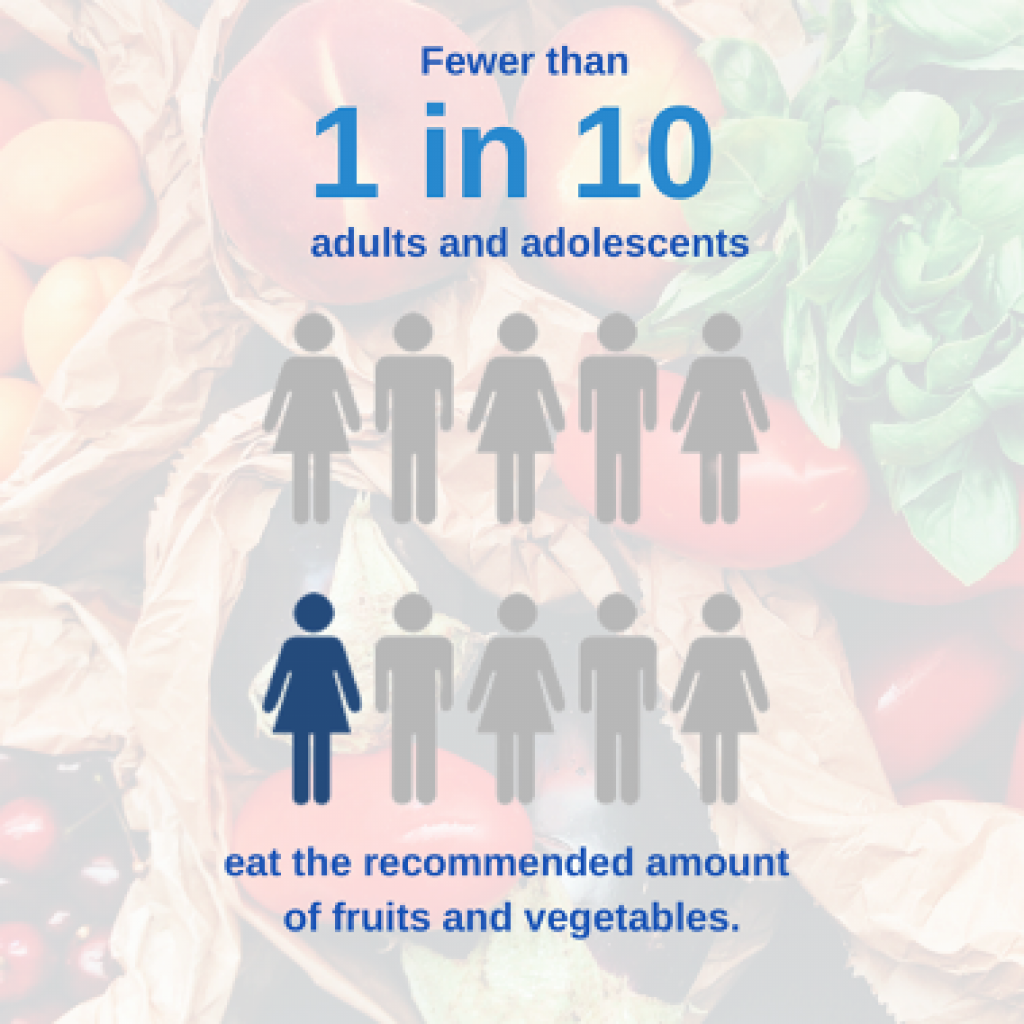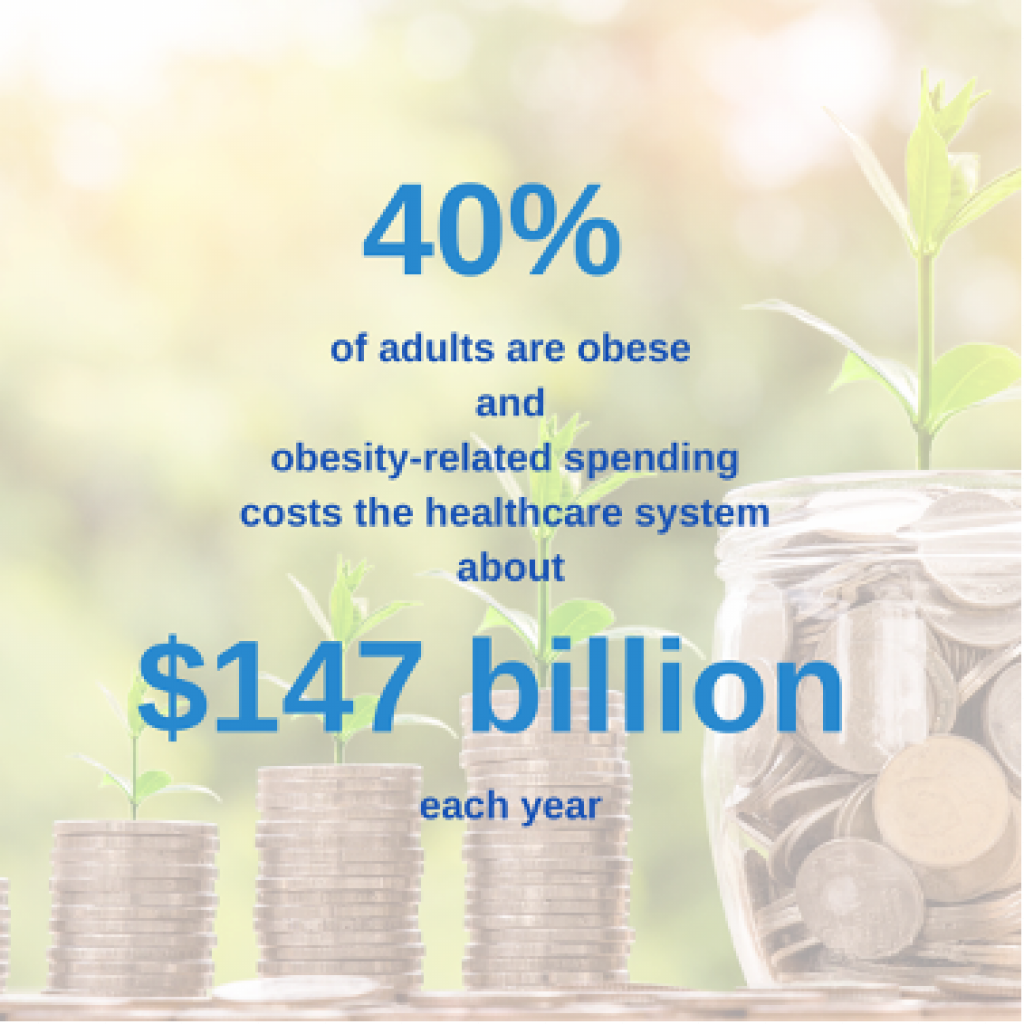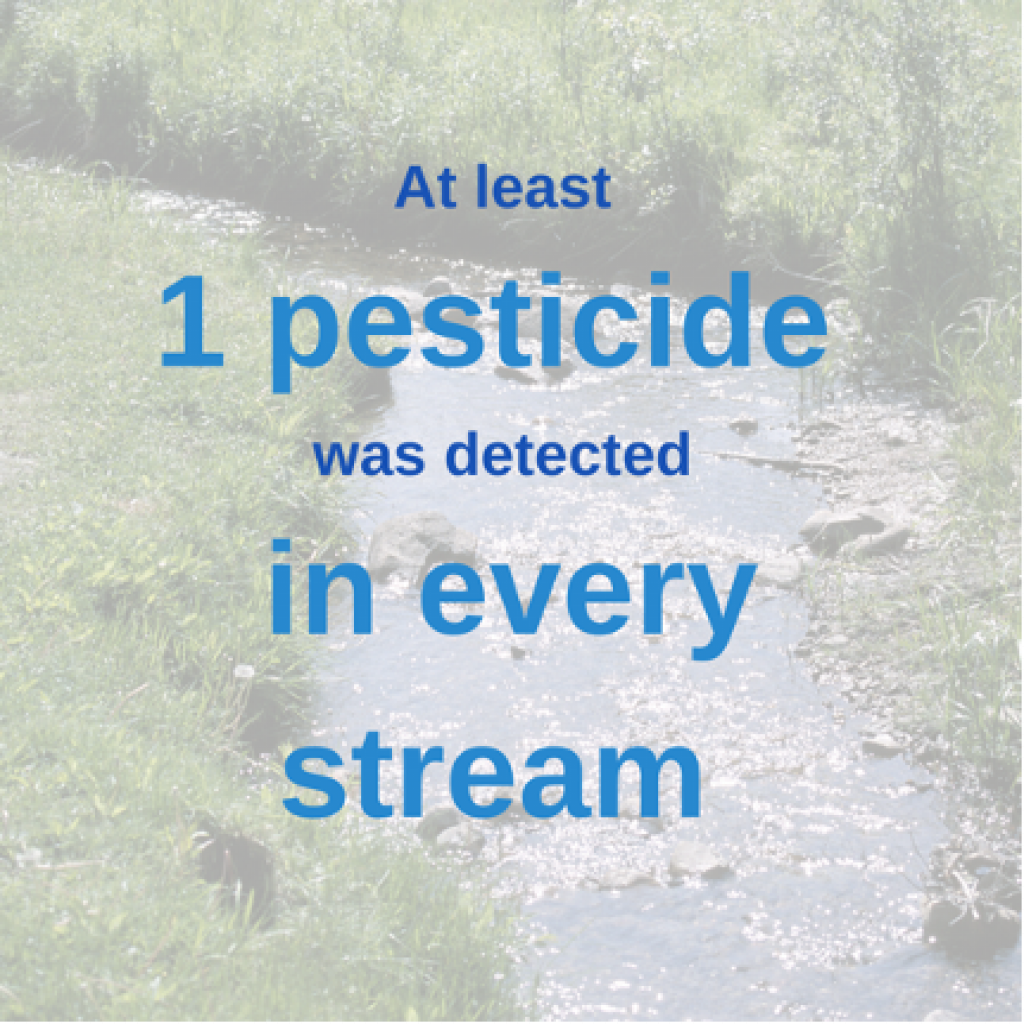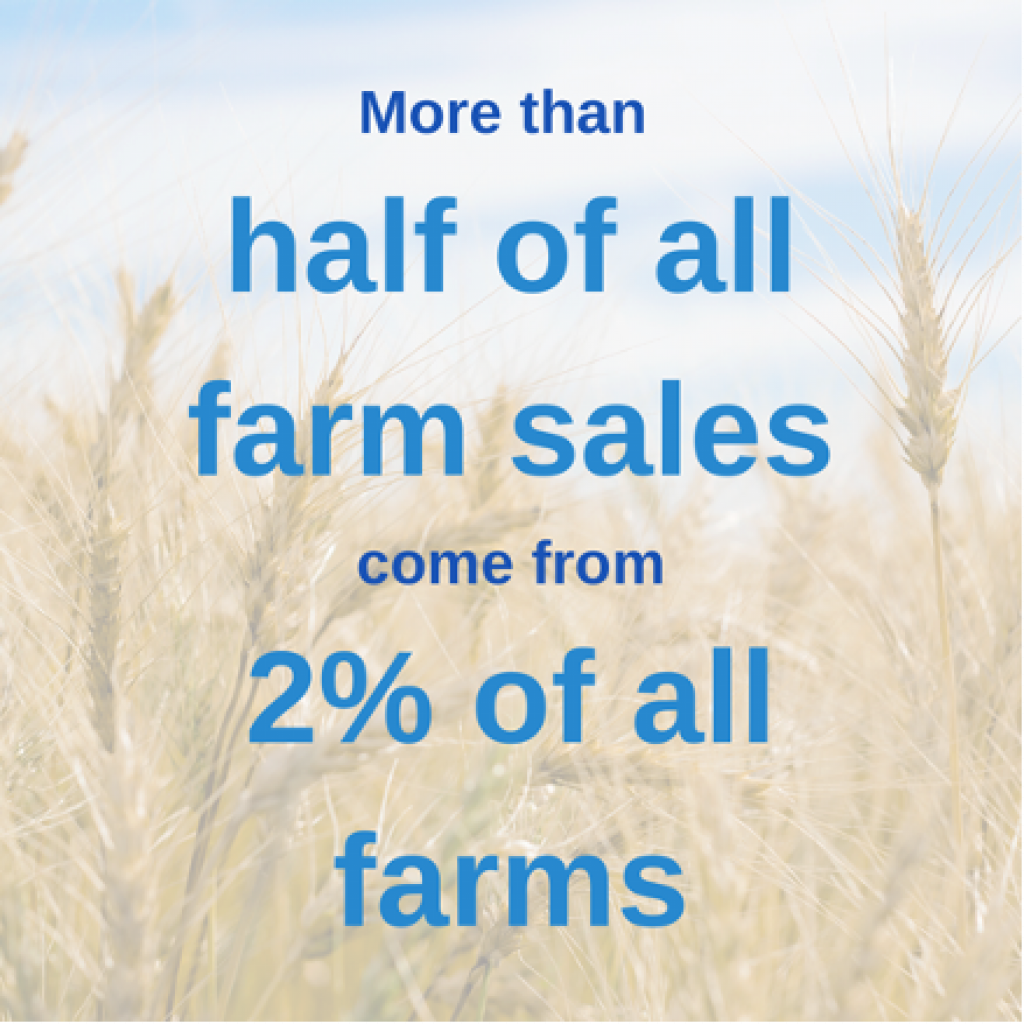Companies Like Urban Remedy and MIXT Are Set to Scale a Regenerative Food Future
(Photo by Raphael Rychetsky on Unsplash)
Hippocrates is famously attributed with the maxim, “Let food be thy medicine.”
Yet for the majority of children and adults living in the United States, this adage is spun on its head. Today, Hippocrates would observe medicine being used to save people from the food choices made widely available and acceptable in our modern, industrialized food and farming systems.
In the United States, according to the Centers for Disease Control and Prevention:


These three data points are staggering, and also connected—they all have to do with a food system where the most affordable calories often are also unhealthy calories.
“We all need to do our part and serve healthier food. Healthier food translates into more fresh, unprocessed, plant-forward meals that lead to healthier bodies and a healthier planet,” says Leslie Silverglide, CEO of MIXT, a fast-casual restaurant chain out to prove getting food quickly while on the go doesn’t mean you need to compromise making healthful choices. “We know that foods with loads of sugar and saturated fats are addictive, so let’s not offer them, especially to children. We need to work to change the perception that craveable food can’t be healthy.”
Or consider another pioneer, Urban Remedy: The company sources organic ingredients and makes cold-pressed juices, salads and entrees fresh daily. Their offerings are organic, plant-based, gluten-free, non-GMO and dairy-free and packaged in 100% recycled and recyclable materials.
For both companies, the base of their products starts at the farm. And, almost in answer to Hippocrates, Paul Coletta, CEO of Urban Remedy, says, “Let’s pay the farmer—not the pharmacist.”
In addition, during the coronavirus pandemic, both companies have focused not only on producing healthy food options for their consumers, but also on serving their community of stakeholders—from employees to frontline workers—in a more comprehensive manner. This focus on advancing environmental regeneration, social good, and health make the companies exemplars of what the future of the food system can and should look like.
Don’t Forget About the Farm When You Talk About Food Systems
“Agriculture is our wisest pursuit, because it will in the end contribute most to real wealth, good morals and happiness.” This quote, albeit less infamous, is also attributed to Hippocrates, who even 400-plus years B.C. recognized the connection between good land stewardship and healthful food—although we still struggle to put together all the pieces of the food and farm system puzzle today.
Let’s consider the environmental impact of industrial agriculture practices in the United States, as reported by the U.S. Geological Survey:


At least one pesticide was detected in nearly every stream tested over a decade-long study, and pesticide concentrations exceeded human-health benchmarks in about 10% of stream samples.
Farm ownership and sales are getting more concentrated, indicating more intensive practices over larger tracts of land over time, with more than half of all farm sales coming from only 2% of farms. And, irrigation remains the second-highest use of freshwater, up 2% from 2010 to 2015, according to the latest available data.
The climate impacts are global in scale: The International Panel on Climate Change reports that industrial livestock production alone results in more carbon emissions than all traffic-caused emissions. Addressing agriculture’s climate impact is the focus of six of the top 20 ways to reverse climate change, as researched and published by Project Drawdown.
The centralization and efficiency prized for so long by the Western industrialized food system are proving rapidly antiquated, and are visibly harming us and the planet. Soil degradation, obesity, inflammatory diseases, food deserts, and water shortages are just some of the spreading symptoms. Major companies must reinvent their portfolios and lead the push to organic, nutrient-dense, fresh, clean ingredient profiles—following the lead taken by companies like MIXT and Urban Remedy, which just received new funding from Manna Tree and renewed funding from the Builders Fund and Obvious Ventures to help it continue to scale.
Silverglide at MIXT shares how the restaurant industry has a role to play in making a food-systems-wide shift to more sustainable, regenerative practices. “To me, this means connecting the food you serve, the way it is sourced, your resource use and landfill diversion, and building healthy environments to support a healthier planet, guests, employees, and community,” she says.
Both MIXT and Urban Remedy source ingredients locally from organic farms and make their fresh offerings sustainably in small batches. And both companies are Certified B Corporations, meaning their business operations and impact are measured and verified by an independent third party.
Taking a Stakeholder-Driven Approach in the Face of Crises
Advancing regenerative agricultural practices and local, healthy food access is only a part of the holistic approach to food businesses needed to actualize a meaningful shift in our food and farming systems. Addressing the needs of all stakeholders, including customers and employees, is another major component, especially when times are tough in the face of crises.
Throughout the coronavirus pandemic, MIXT and Urban Remedy have both taken action to help their communities and customers: Urban Remedy supported schools and hospitals early on with donations of more than 23,000 meals to nonprofit community partners. The company also integrated this giving with the launch of a new delivery app and “share the love” campaign designed to benefit frontline workers.
In response to the pandemic, MIXT implemented “pay what you can” programs and options to buy a meal for someone in need or to donate meals to hospital workers. The company has provided thousands of meals to people who need them in San Francisco, Oakland, and Los Angeles and to frontline workers in these communities. The company also operates with a people-first approach to company culture, which was crucial as restaurant workers faced layoffs throughout the pandemic. MIXT and the Builders Fund worked together to navigate the crisis, engaging to review weekly cash flows and scenario planning, presenting and connecting a variety of financing alternatives, helping to shape emergency relief and donation platforms, and connecting the team to other job opportunities to support furloughed employees.
The Market Forces Are Shifting
As investors, we see the market asking today’s food system to change to one that is regenerative, plant-based, and socially just. Obvious Ventures’ James Joaquin shares, “The $2 trillion global food industry is experiencing a massive disruption driven by changing consumer desires and choices. Big Food is at a tipping point, with the largest food companies in the world, including Campbell’s, Kellogg’s and General Mills, posting anemic to negative revenue growth. And, organic food has moved from the coastal elite to a mainstream growth driver in grocery sales.” Natural and organic food sales passed $250 billion in 2020 on the back of strong double digit growth for over two decades.
“Urban Remedy operates its own retail locations, e-commerce offerings, and mini-store kiosks located in a range of grocery and corporate locations—a key partner being Whole Foods Market,” Joaquin continues. “This is a smart move by the natural grocery giant to keep up with consumer demand for local, fresh, and convenient prepared food.”
As Urban Remedy and MIXT illustrate, it is possible to scale with intention and integrity. It is possible to turn a food waste problem into a soil-feeding compost benefit. It is possible to turn the sector with some of the lowest-paid employees into employees earning a living wage and nurtured careers. It is possible to offer food that is fast and fresh, convenient and locally sourced, filling and plant-based. It is possible for these companies to serve as models for a brighter food and farm future.
These possibilities extend beyond the food and farm sphere. We believe that capitalism must be part of the solution if we are to fix the significant and intractable social and environmental challenges we face today. For that to occur, we must get back to building scalable, purpose-driven businesses that improve the world for the long term for all stakeholders instead of simply seeking to extract wealth over the short term for shareholders.







